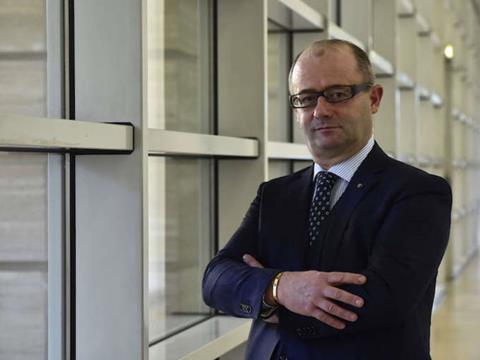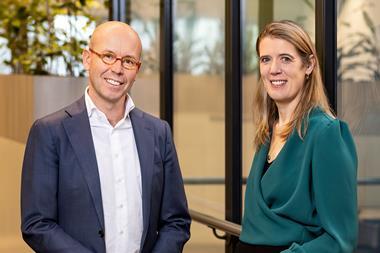The private equity and private debt fund of funds (FoFs) part of the Italian Real Economy Project (Progetto Economia Reale) – launched by Italy’s Assofondipensione in partnership with Cassa Depositi e Prestiti (CDP), the partly state-owned investment bank, and asset manager Fondo Italiano d’Investimento – have raised a total of €800m.
According to Giovanni Maggi, president of Assofondipensione: “The private equity fund of funds has raised €460m, and the private debt fund of funds €340m. Around 16 industry-wide pension funds (Fondi Negoziali) have participated.”
Maggi told IPE last year that the fundraising of the two FoFs were on track to close with a volume of approximately €500m, with close to 20 pension funds investing to reach their target.
CDP has co-invested with the pension funds, putting up €300m in the Private Equity Italia FoF and €250m in the Private Debt Italia FoF to start operations, it said.
Assofondipensione has also set up a further FoF with CDP to invest in infrastructures, pursuing a low-risk approach to allocate capital to strategically important assets.

Fondo Pensione Cometa has also proposed to set up a further FoF for alternative investments in Italy, with CDP having the role of protecting the schemes against potential losses.
Pension funds in Italy have been calling to rework a double taxation regime on benefits and returns on investments deterring them from boosting investments to support the country’s economy.
“A special and more competitive taxation on investments [for pension funds] would be a positive signal for the member of the infrastructure project that responsibly set up a network to bring benefits to the country,” Maggi said last week as he was re-elected as president of the association until 2027.
The 32 pension fund members of Assofondipensione had assets under management at the end of 2023 of just over €67bn, and almost 4 million members.
The association president expects to “reopen a discussion between [public] institutions and pension funds” to address critical issues, and discuss a tax exemption on returns generated through alternative investments.
Looking for IPE’s latest magazine? Read the digital edition here























